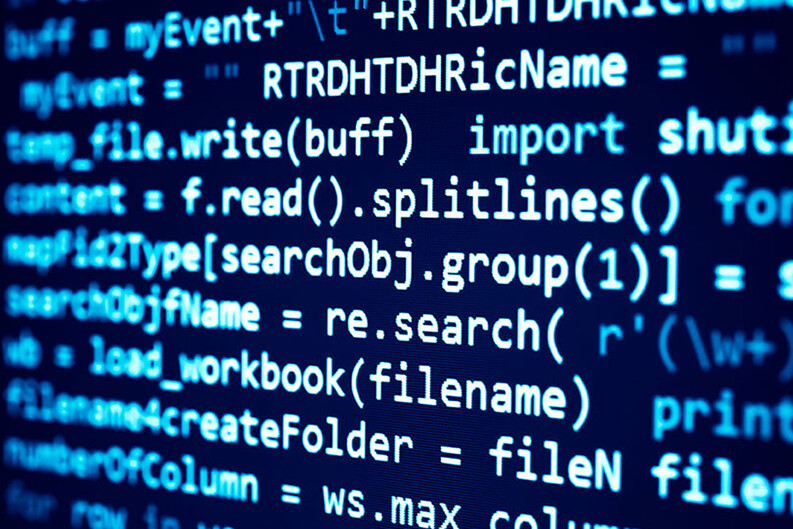WIII Releases Report on Intermediary Liability

Wikimedia/Yale Law School Initiative on Intermediaries and Information (WIII) at Yale Law School has released a report detailing the most critical issues necessary for understanding the role of information platforms, such as Facebook and Google, in law and society today. The report synthesizes discussions held at “Beyond Intermediary Liability: The Future of Information Platforms,” an invitation-only workshop convened by WIII, featuring leading experts from industry, civil society, and academia.
This report highlights insights and questions raised by experts during the event, providing an insider’s view of the top issues that influential thinkers on intermediary liability are considering in law, policy, and ethics. (Nothing in the report necessarily reflects the individual opinions of participants or their affiliated institutions.)
Key takeaways from this report include the following:
Common Misconceptions on Intermediary Liability
- Consumers and policymakers often (incorrectly) assume it is easy to determine what content to take down and how to do so efficiently. In reality, these decisions are very difficult and require many levels of human (not AI) review.
- There is no legal requirement for information intermediaries to be “neutral,” but policymakers and the public often assume this incorrectly.
Intermediaries and Global Norms
- Information intermediaries play a vital role in protecting free speech, free expression, and access to knowledge globally. This is especially crucial for minorities and political dissidents living under authoritarian regimes.
- It is difficult, and at times impossible, for information intermediaries to comply with conflicting laws from different countries. This can be a barrier to innovation, disproportionately affecting smaller companies and startups.
- Policymakers should consider the impact that proposed regulations in one jurisdiction may have on people in the rest of the world. Regulations in democratic countries that restrict free online speech or that mandate content takedowns may provide support for illiberal regimes to call for greater censorship of online content.
Legal and Policy Proposals
- Information intermediaries are no longer the companies they were when intermediary liability laws first developed, and the role of platforms in society is changing. The law must find a way to flexibly address these changes.
- A hybrid model of governance, with a larger role for lawmakers and an opportunity for judicial review and a right of reply in content takedown decisions, might better address the competing issues raised in speech regulation.
- Creating a transparency safe harbor would allow companies to provide more information to the public about their reasons for removing content.
- Policymakers could consider enacting different levels of regulations for different types of information intermediaries (infrastructure vs. content platforms, small companies vs. large companies, and so on).
This workshop was hosted by the Wikimedia/Yale Law School Initiative on Intermediaries and Information and supported in part by the Oscar M. Ruebhausen Fund.
The Oscar M. Ruebhausen Fund at Yale Law School provides an extraordinary opportunity for students and faculty to undertake innovative projects, research, conferences, publications, and programs that foster intellectual vitality, creativity, and analytical rigor at the Law School.
The Wikimedia/Yale Law School Initiative on Intermediaries and Information is a research initiative that aims to generate awareness and research on intermediary liability and other issues relevant to the global open Internet. WIII grew out of an ongoing academic affiliation and collaboration between Yale Law School’s Information Society Project and the Wikimedia Foundation and is made possible, in part, by funding from the Wikimedia Foundation, in support of Wikimedia’s mission to build a world in which everyone can freely share in knowledge.
The Wikimedia Foundation is a nonprofit charitable organization dedicated to encouraging the growth, development, and distribution of free, multilingual, educational content, and to providing the full content of these wiki-based projects to the public free of charge. The Wikimedia Foundation operates some of the largest collaboratively edited reference projects in the world, including Wikipedia, a top-ten internet property.
The Information Society Project (ISP) is an intellectual center at Yale Law School, founded in 1997 by Professor Jack Balkin. It supports an international community of interdisciplinary scholars who work to illuminate the complex relationships between law, technology, and society. The ISP hosts more than a hundred educational events over the course of each academic year designed to promote novel scholarship, foster the cross-pollination of ideas, and spark new collaborations.
For more information on the report, please contact the Yale Law School Office of Public Affairs.


